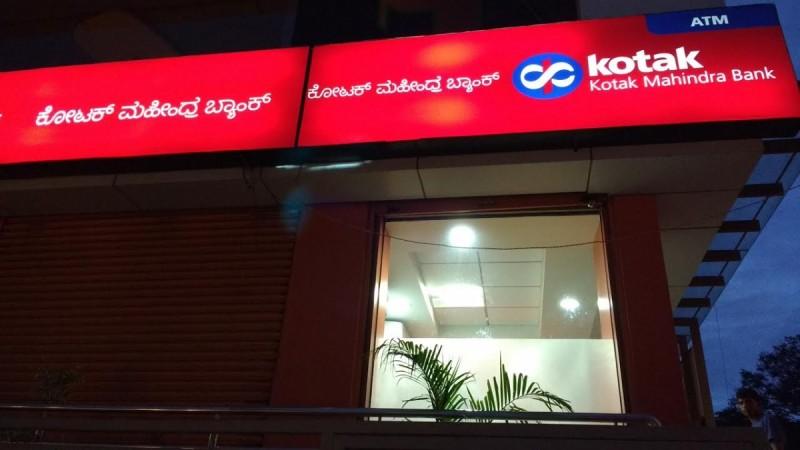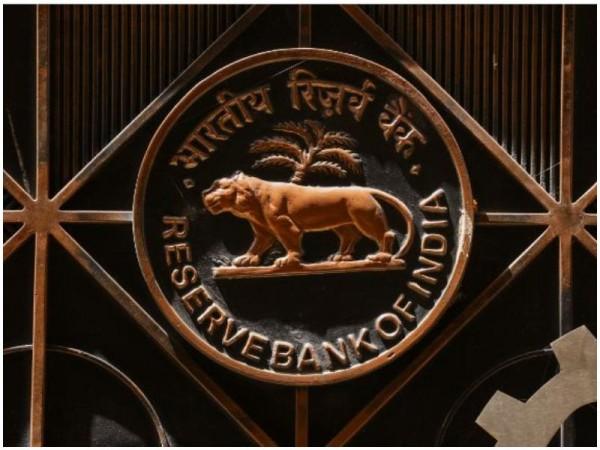
The Reserve Bank of India (RBI) on Wednesday directed Kotak Mahindra Bank Limited to stop onboarding of new customers through its online and mobile banking with immediate effect and also barred the bank from issuing fresh credit cards.
The bank shall, however, continue to provide services to its existing customers, including its credit card customers, the RBI said.
"In the absence of a robust IT infrastructure and IT Risk Management framework, the bank's Core Banking System (CBS) and its online and digital banking channels have suffered frequent and significant outages in the last two years, the recent one being a service disruption on April 15, 2024, resulting in serious customer inconveniences. The bank is found to be materially deficient in building necessary operational resilience on account of its failure to build IT systems and controls commensurate with its growth," the RBI order states.
The business restrictions on Kotak Mahindra Bank have been imposed in the interest of customers and to prevent any possible prolonged outage which may seriously impact not only the bank's ability to render efficient customer service but also the financial ecosystem of digital banking and payment systems, according to the RBI order.
The RBI said Kotak Mahindra Bank was assessed to be deficient in its IT Risk and Information Security Governance for two consecutive years, contrary to requirements under Regulatory guidelines. During the subsequent assessments, the bank was found to be significantly non-compliant with the Corrective Action Plans issued by the Reserve Bank for the years 2022 and 2023, as the compliances submitted by the bank were found to be either inadequate, incorrect or not sustained.

These actions are necessitated based on significant concerns arising out of the Reserve Bank's IT Examination of the bank for the years 2022 and 2023 and the continued failure on the part of the bank to address these concerns in a comprehensive and timely manner. Serious deficiencies and non-compliances were observed in the areas of IT inventory management, patch and change management, user access management, vendor risk management, data security and data leak prevention strategy, business continuity and disaster recovery rigour and drill, etc.
In the past two years, the Reserve Bank has been in continuous high-level engagement with the bank on all these concerns with a view to strengthening its IT resilience, but the outcomes have been far from satisfactory. It is also observed that, of late, there has been rapid growth in the volume of the bank's digital transactions, including transactions pertaining to credit cards, which is building further load on the IT systems.
The restrictions now being imposed will be reviewed upon completion of a comprehensive external audit to be commissioned by the bank with the prior approval of RBI, and remediation of all deficiencies that may be pointed out in the external audit as well as the observations contained in the RBI Inspections, to the satisfaction of the Reserve Bank. Further, these restrictions are without prejudice to any other regulatory, supervisory or enforcement action that may be initiated against the bank by the Reserve Bank.
(With inputs from IANS)
















